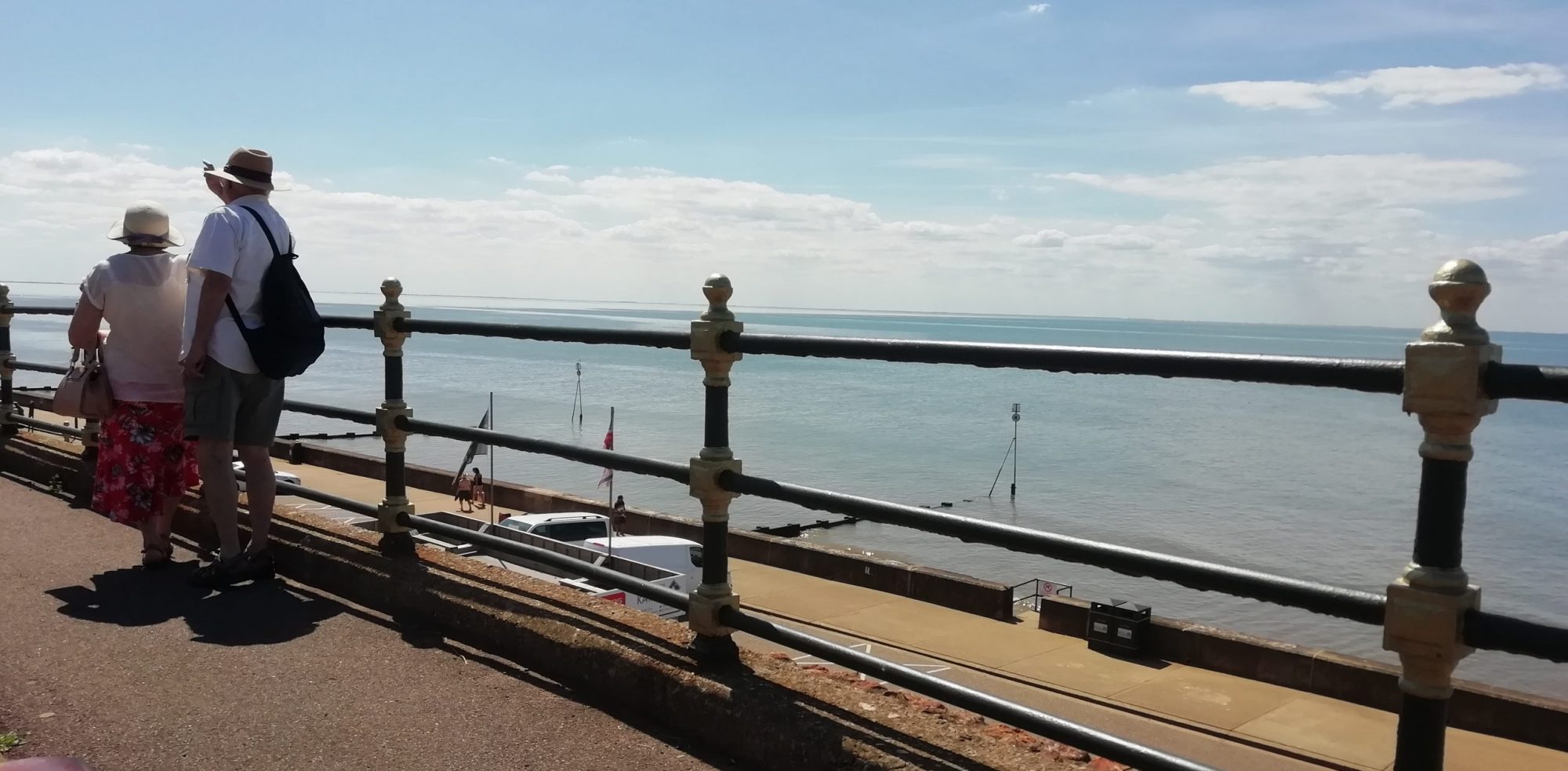
With France possibly on the verge of banning the wearing of niqabs in public and the UKIP calling for a ban over here in the UK, HD thought a republishing of this piece from 2006 was relevant:
‘…In the spring of 1938, Lord Athlone and Princess Alice made their way across the deserts of Central Arabia on the first ever Royal visit to what we now know as Saudi Arabia. Princess Alice, to placate local hostilities, ‘donned the Arab veil and robes in deference to the custom of a very masculine country…’ state The Times report of the visit. During the Royal visit, the Saudi monarch, King Abdul Aziz dined for the first time with a woman and treated the Royal visitors to a banquet of ten sheep for the occasion, so the report continues.
Amongst much political consternation in Europe, especially from Mussolini who thought that Britain was ‘interfering in the politics of Asia’ the Royal visit was an apparent success. The somewhat minor point concerning the Princess covering the female body in the presence of men, did not come under any further public deliberations back home. It was after all the Saudi custom and the Royals obliged their esteemed host.
The current controversy concerning the wearing of the veil in the UK is a fascinating contrast to the distant times of pre-WWII Britain and the flexibility of Royal protocol where prudent to adjust, can actually pay off. It is also a poignant reminder of how times have changed in both our own country and elsewhere.
In 1933 another Times correspondent reported on Turkey’s tenth year celebrations of becoming a republic. The reporter comments on what they described as an ‘astonishing change in the position of Turkish women’. Throwing off ‘Muslim medievalism’, the report continues, they have discarded the wearing of the veil in the cities and were also beginning to abandon it in the villages too. The most important aspect of the then contemporary status of Turkish women was their entry into ‘almost every aspect of national life’. Admirable as this sounds, I do suspect that compared to today’s Turkey, the Turkish women of 1933 must have appeared to be somewhat oppressed.
Even so, these two reports highlight some of the changes that the Islamic world has undergone during the twentieth century in the name of emancipation. Through the 1960’s and 70’s the rise of feminism added fervour to the progress of women across the globe and shedding of the veil continued at a pace.
By the 1980’s, in some parts of the Islamic world, the veil started to re-appear as standard dress. This has been attributed to the rise of Islamic fundamentalism in countries such as Iran and Egypt. Since then it has progressed almost unabated across the Islamic.
The current veil controversy in the UK, may denote an act of faith on behalf of muslim women, but on the other hand it connotes a growing concern over the rapid progress of Islamic fundamentalism across Europe. The metaphor of the veil, as I have stated it previously, has therefore deeper and more serious implications to Britain, Europe and the rest of the Western world.
Britain today, is in a crisis of identity. I do not doubt the complexity of the situation or underestimate the difficulties in solving our problems. As an Englishman, I have values that were firstly grafted onto me by my family and my small town community in which I grew up through the 1950’s and 60’s. If time had stopped at 1969, say, I think the definition of being British would have been an easier task than it is today.
Since then, exposure to a multicultural society in cities such as Leeds and London, have led me to rethink on a broader basis my opinions on what it is to be British. Being objective though, is still not an easy task even for someone who has a wide life experience. As Thomas Nagel points out in his text “View From Nowhere’, it is ‘…objectivity [that] is a method of understanding. It is beliefs and attitudes that are objective in the primary sense…’. It is these attitudes and beliefs that seem to be at the heart of our current dilema.
I no longer possess the same misconceptions I once might have nurtured concerning ‘difference’. When I am confronted with the question about multiculturalism, I cannot understand why the question is even being asked let alone respond in anything but a constructive way. All societies progress through integration and Britain is no exception. If there is a failure to integrate then we are all in the wrong. It cannot be a one-sided affair. Therefore attitudes have to change on all sides.
Where I do have a real problem is in the expansion of fundamentalist views, whether they be Islamic, Christian or for that matter, any other narrow-based faith viewpoint. I find it hard to be objective in the light of these narrow sometimes backward looking views. I must also make the point that looking back is not a one-sided affair either. If the Islamic fundamentalist view is seen to be towards medievalism then it can be no surprise that others might cite the more traditional western approach to Britishness and its historically learnt values of behaviour. Thus I can see where the veil is metaphorical and hangs limply between the two conflicting viewpoints. In order to lift the veil, again attitudes must change.
The British government have cleverly opened the real debate and in contrast, Islam has seen the plot. My suspicion is that the government aims are more about swinging majority opinion towards the more traditional and therefore Christian values of society than they are towards the acceptance of the multiculturalists status quo. Only time will tell…’ first published in October 2006
